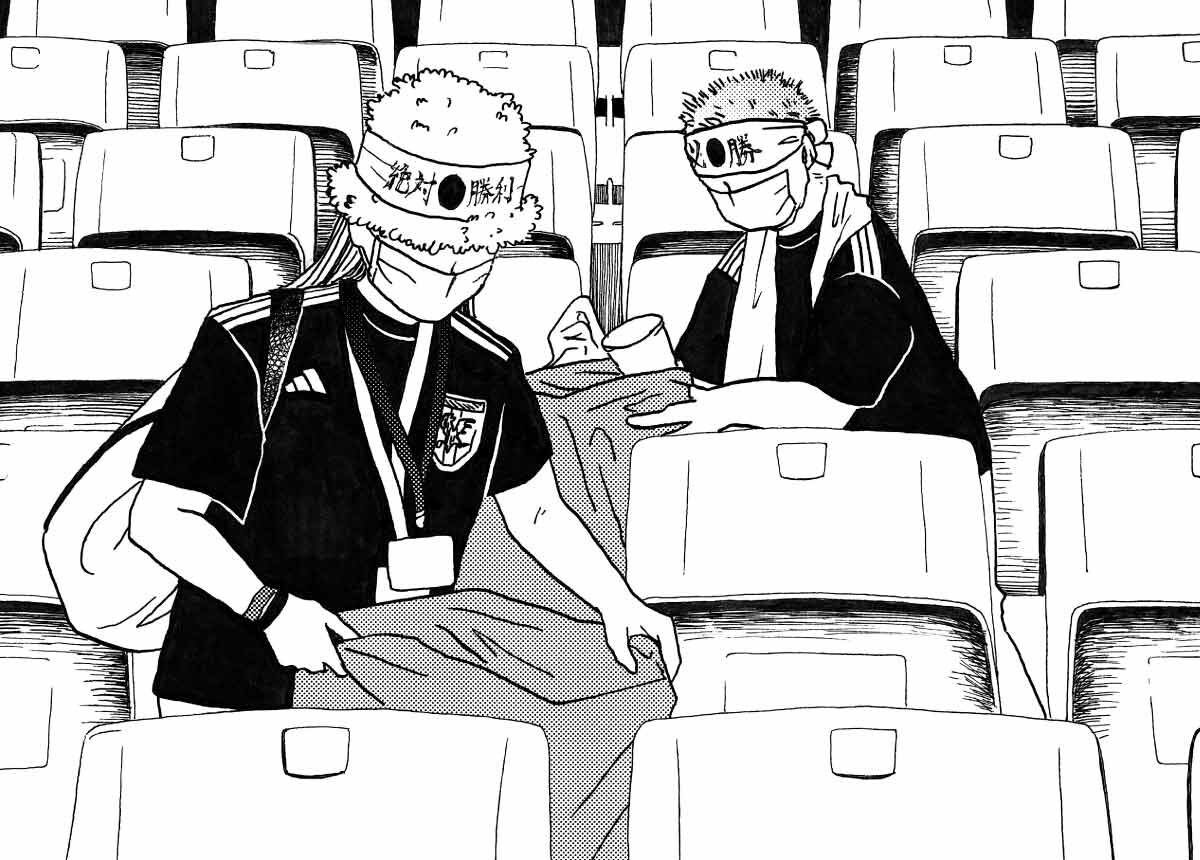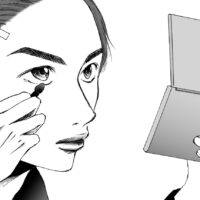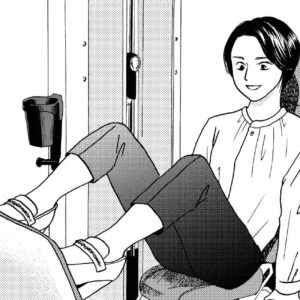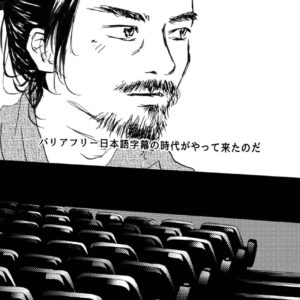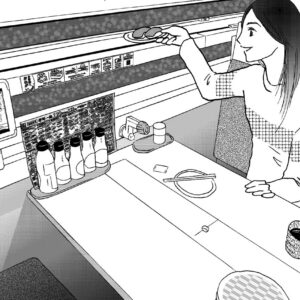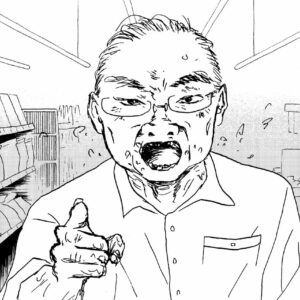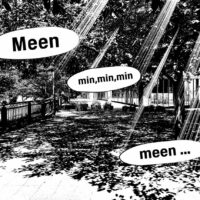During the opening match of the 2022 Qatar World Cup, Japanese soccer fans cleaned up the stadium after the game, even though their country did not play. The scene was spread by international influencers. When an influencer asked why they were cleaning up, a Japanese soccer fan replied, “We are Japanese, we don’t leave trash and we respect this place.” At the 2018 World Cup in Russia, Japanese players cleaned the locker rooms and fans cleaned around the seats, earning praise from around the world. This time, too, it was a natural progression: In watching a soccer game, we clean up the area after the game and go home.
By the way, why do Japanese people pick up trash?
The public reason is that it is part of communication. Litter pickers generally participate as part of a group. It involves getting to know each other through activities, discovering aspects of a place that they did not know existed, and the sense of accomplishment that comes from working together to reach a single goal of making the place clean. Moreover, the act is a perfectly good deed and someone may say thank you. The act of picking up trash is like therapy; it helps us to appease our minds. That’s how they feel.
On the other hand, the act has been a bit of a boom in the past few years. People who pick up trash are like a sort of counterforce to the bad people who pollute the city and spread nuisance around. Even at the Halloween event held every year at the end of October in Shibuya, there are always trash pickup groups here and there these years. They know that their cleanup efforts at the 2018 soccer stadium were praised, so they do this not out of good intentions, but because they know they are being watched, and that is one aspect.
This act, unfortunately, is only triggered in places where people with common perceptions and in situation that forget daily life gather. For example, a group of soccer fans, or a group of costumed people who gather in Shibuya on Halloween. As evidence of this, when you go to the movie theater, You find popcorn remnants and beverage cup trash around the seats after the screening, as a matter of course. No one picks it up and leaves. Unless they set aside a “trash pickup day,” which is not part of our daily routine, they will not pick up trash in our daily lives.
Having said that, the act of “picking up trash” may be the result of Japanese education. When I was in middle school, my math teacher taught us this. “If one’s act is done by 100 people at the same time and there is no problem, the act is good.” Picking up trash is a good deed because when 100 people do it at the same time, the place will be cleaner than it was before. However, littering may not be a big deal for one person, but when 100 people litter at the same time, it becomes a major detriment. When I think about whether my trivial actions are appropriate for society, I always ask myself, “If 100 people did this action at the same time, would it cause any problems?”



